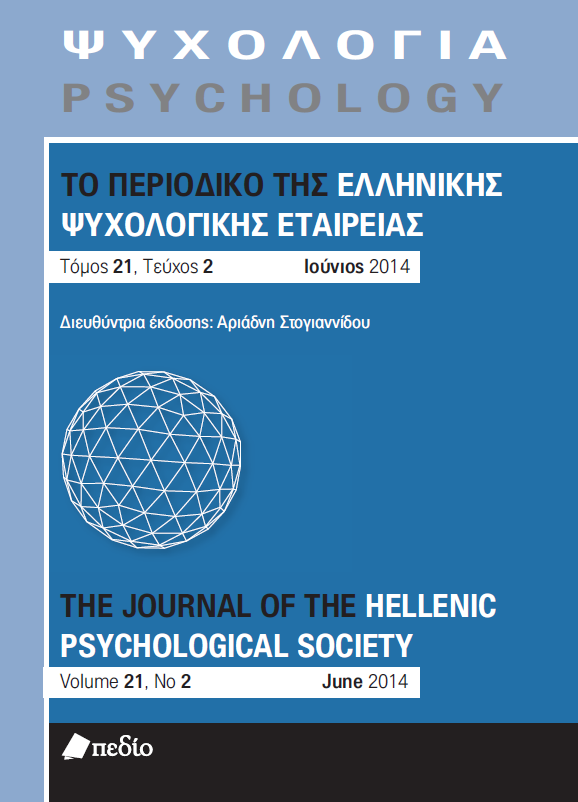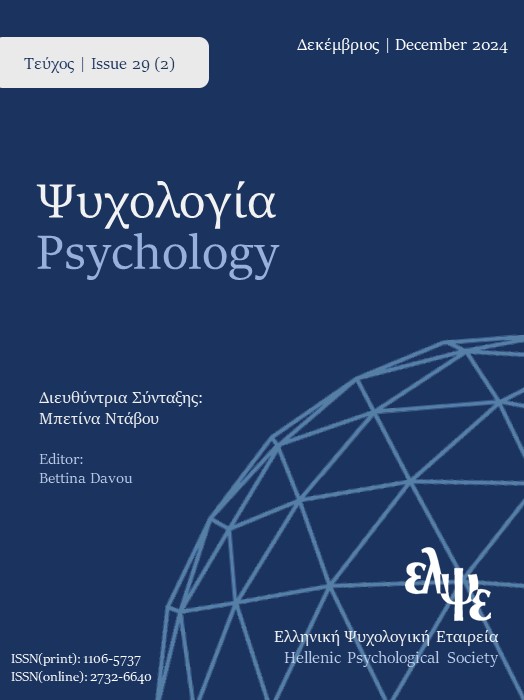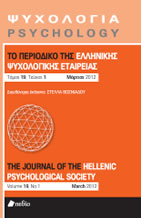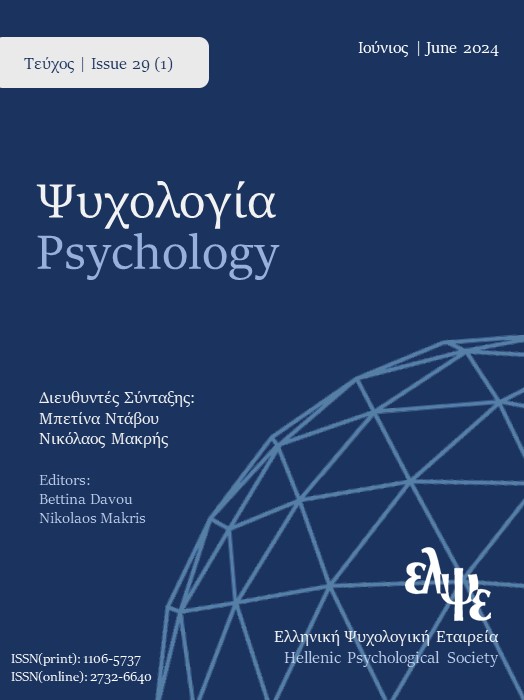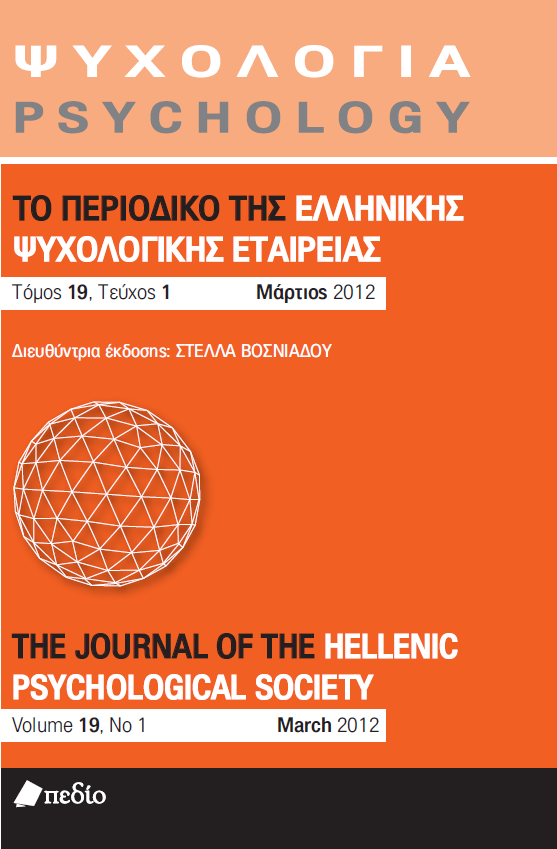Qualitative research on the lived experience of psychosis: A methodological review
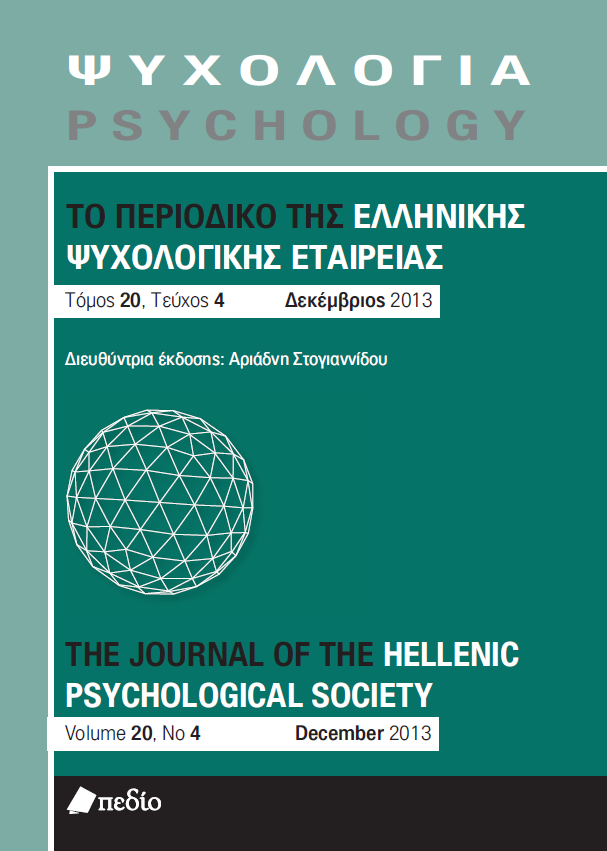
Abstract
This paper provides a methodological review of qualitative studies on the lived experience of psychosis. It aims to present the main research trends on psychotic experience and to assess their usefulness and appropriateness for examining the role of social factors in the emergence, experience and management of psychosis. The following trends are presented: (a) the phenomenological approach, which aims to identify the essence of psychotic experience, (b) the narrative and dialogical approaches, which focus on the constitution of the self in psychosis through the examination of self-narratives, (c) the social constructionist approach, which, through analysing the discourse of persons in distress, examines the construction of mental distress,
and finally (d) empirical studies employing thematic type qualitative analysis on interviews with persons in distress in order to highlight their experiences and views regarding various aspects of their life with psychosis. For each of the approaches, the paper addresses: (a) its epistemological paradigm, (b) the view of psychosis and mental distress adopted, (c) the research methodology used regarding data collection and analysis, (d) the main findings and conclusions, and (e) the role attributed to social factors and processes.
Article Details
- How to Cite
-
Γεωργάκα Ε. (2020). Qualitative research on the lived experience of psychosis: A methodological review. Psychology: The Journal of the Hellenic Psychological Society, 20(4), 397–412. https://doi.org/10.12681/psy_hps.23599
- Issue
- Vol. 20 No. 4 (2013)
- Section
- REVIEWS

This work is licensed under a Creative Commons Attribution-ShareAlike 4.0 International License.
The journal PSYCHOLOGY adopts a Platinum open-access policy. Submission, processing or publication costs are waived by the Hellenic Psychological Society. Papers published in the journal PSYCHOLOGY are licensed under a 'Creative Commons Attribution-ShareAlike 4.0 International' licence. The authors reserve the copyright of their work and grant the journal the right of its first publication. Third-party licensees are allowed to use the published paper immediately after publication as they wish, provided they retain the defined by the license copyright formalities, regarding the reference to its author(s) and its initial publication in the journal PSYCHOLOGY. Moreover, any adjusted work should be shared under the same reuse rights, so with the same CC license.



